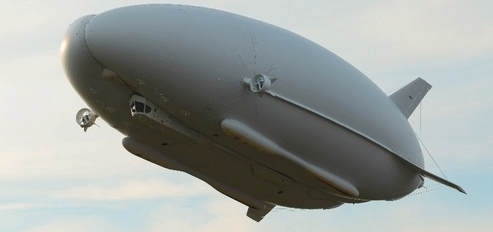Birthdays
Matthew McConaughey b. 1969 (Contact, Reign of Fire)
Samantha Smith b. 1969 (Transformers, Supernatural)
Martin Balsam b. 1919 died 13 February 1996 (Twilight Zone)
Leonardo Cimino b. 1917 died 3 March 2012 (Dune, Waterworld, V)
Ian Wolfe b. 1896 died 23 January 1992 (THX 1138, Star Trek, Twilight Zone)
McConaughey is the only honest to Zeus movie star on the list, but he was in Reign of Fire, the movie that convinced me I was under no obligation to see every big budget sci-fi flick that hit the cineplexes. So instead the Picture Slot goes to Ian Wolfe as Mister Atoz of The Library in an episode of Star Trek. (Get it? AtoZ? Works in a library? Yeah, you get it. Yeah, not that good.) The actor in the background is unidentified.
I kid. I'm a kidder.
Predictor: Isaac Asimov's, forecasting the year 2014 in honor of the 1964 World's Fair.
Prediction:The world of 50 years hence will have shrunk further. At the 1964 fair, the G.M. exhibit depicts, among other things, crowded highways along which long buses move on special central lanes. There is every likelihood that highways at least in the more advanced sections of the world will have passed their peak in 2014; there will be increasing emphasis on transportation that makes the least possible contact with the surface. There will be aircraft, of course, but even ground travel will increasingly take to the air a foot or two off the ground. Visitors to the 1964 fair can travel there in an "aquafoil," which lifts itself on four stilts and skims over the water with a minimum of friction. This is surely a stop-gap. By 2014 the four stilts will have been replaced by four jets of compressed air so that the vehicle will make no contact with either liquid or solid surfaces.
Jets of compressed air will also lift land vehicles off the highways, which, among other things, will minimize paving problems. Smooth earth or level lawns will do as well as pavements. Bridges will also be of less importance, since cars will be capable of crossing water on their jets, though local ordinances will discourage the practice.
Reality: Okay, lots of stuff to chew on here.
Special lanes for buses. Check.
Highways have passed their peak. Not yet.
Hovercraft. Or should I say.... HOVERCRAFT!
Ummm... no. But still, I was an impressionable pre-teen when hovercraft had their fleeting moment of being the Next Big Thing, and so I have a soft spot for them.
And, of course, as any Python fan will know, my hovercraft is full of eels.
Looking one day ahead... INTO THE FUTURE!
Our regular schedule is interrupted by a comic book prediction of the year 1997, when London is a fascistic post-apocalyptic hellhole.
Join us then... IN THE FUTURE!



interesting that you can actually see the decline in futuristic optimism in the World's Fair predictions. In 1893, they were asked to predict 100 years out. In 1964, only 50. Already, the cynicism is setting in...
ReplyDeleteAlso, I never fell into the hovercraft craze all the kids were into. They always seemed to me to be a horrible mishamash of boat, car, and helicopter, with the advantages of none and the drawbacks of them all. Also, seemed to be WAY more costly in energy than any of the other means.
Many highways have passed their peak, structurally. And, of course, being the Greatest Country In The World, we are wasting no time in spending money to make sure they stay that way!
Although degradation of the Interstate Highway System may have an unintended beneficial effect; people will drive less and it could spur more compact, higher density development and infill of higher density areas.
No cynicism there! Well, not much.
You seem close to raising the ire of the Agenda 21 conspiracy theorists.
DeleteI welcome their ire. Their disapprobation, even.
DeleteI have a different theory as to why predictions asked for 50 years instead of 100. The rate of change in the early and mid 20th Century gets crazy fast. Think of all the inventions between 1893 and 1964. Even going 50 years into the future could promise a wondrously different world.
DeleteTrue, at this point I'd hesitate to go 25 years just based on electronic and computer technology. 25 years ago I was still struggling with small HP screens with orange letters on black and hating Word Perfect.
DeleteI still have residual hate for Microsoft acting as though EDLIN was actually an acceptable editing option as late as 1991, a mere 22 years ago.
DeleteI'm just grateful we don't have to work in FORTRAN.
ReplyDeleteREAD amen END STOP
DeleteEDLIN had many advantages over Word 2.0.
ReplyDeleteI think the actor in the background is a Canadian dentist. (Sports Trivia: name the other dentist by training who is MUCH better known for his non-tooth work.)
My memory may be blurry, but I think Mark Spitz was going to become a dentist. Don't know if he went through with it.
Delete